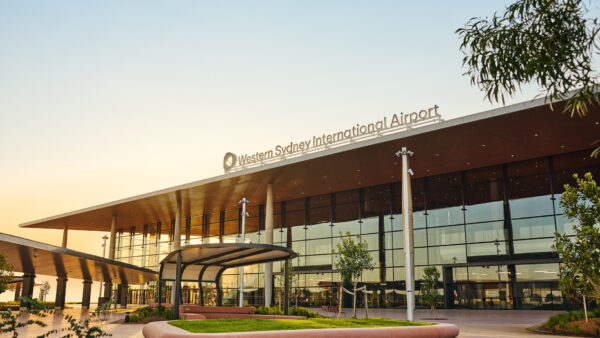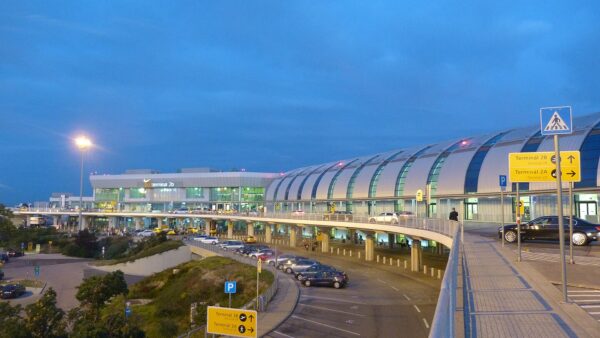Eight major UK building contractors who for years used a blacklisting service to exclude workers from their sites have finally offered compensation, presenting workers with a dilemma.
The scheme, which comes after the scandal erupted in 2009, will offer any worker who appeared on the blacklist £4,000. If they can prove that they suffered as a result of their listing, they can claim up to £20,000. Those workers who can show that they suffered serious consequences may be offered as much as £100,000.
The eight firms involved in the scheme are some of the biggest in the UK: Balfour Beatty, Carillion, Costain, Kier, Laing O’Rourke, Sir Robert McAlpine, Skanska and Vinci.Â
Most of these are presently the subject of four legal cases before the High Court, so the compensation scheme represents what the scheme’s website bills as “a fast, fair, easily accessible and a genuine alternative to going to court”.Â
The cases were filed in the High Court last year. Three were initiated by construction unions, and one by the Blacklist Support Group, represented by legal firm Guney, Clark & Ryan. These cases are due to heard next week, on 10 July, at which time they are expected to become the subject of a group litigation order.
Workers who were blacklisted therefore have a choice as to whether to approach the compensation scheme for an immediate pay-out or to join in the class action for what might be a long fight.
Altogether, 3,213 workers were listed in the blacklisting files and about 225 of these are being represented in the legal process.
Keith Doherty, a solicitor with Guney, Clark & Ryan, told GCR that the claimants’ representatives had been in discussions with the contractors, but that the contractors had decided to launch the compensation scheme without their agreement and without warning them that it would be done.Â
“We weren’t happy with some of the terms of the scheme, one of them being the amount of money on offer,” he said.Â
“Some of the people we represent have suffered hundreds of thousands of pounds of losses. In effect, the companies want to make it a tick-box exercise. They are saying: if you’re name’s on the list, you get this level; if you have one entry this takes you up to this level. What we’re saying is it is not as straightforward as that.Â
“It’s disappointing that they’ve chosen to launch just a week before the cases were due back in court, and without our agreement. The implication is that it’s to pre-empt that. As the unions are saying, it’s a publicity stunt.”
Alan Wainwright, an HR manager whose evidence led to the uncovering of the blacklist, and was himself blacklisted, told GCR that he was hoping to be able to help the thousands of workers who did not want to be represented by a union to negotiate with the contractors.Â
He said: “The unions will most likely recommend that workers don’t put a claim in, but some may want to. I would like to provide some advice to workers who want to maximise their compensation. It’s the consistent application that I’m looking to put forward so they can’t just pick us off one by one.”
Ucatt, one of the unions pursuing legal action, described the launch of the “counterfeit compensation scheme” as “highly cynical”, and pointed it out that it would prevent workers from taking “the opportunity to explain how blacklisting wrecked their lives”.Â
The union has also taken High Court action to block the contractors obtaining blacklisted workers’ addresses from the Office of the Information Commission (ICO). That case will also be heard on 10 July.Â
The blacklisting operation was in run out of a small office in Droitwich by an organisation known as The Consulting Association between 1994 and 2009. It ceased operation when it was discovered by investigators from the ICO.






